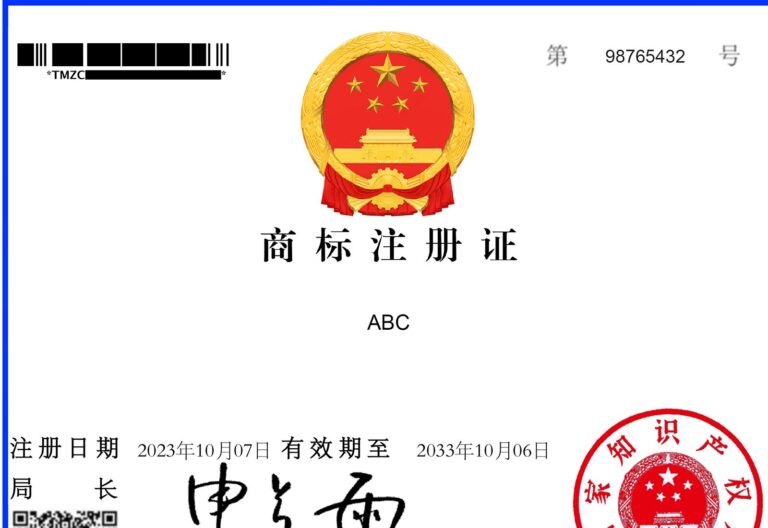
Your China Trademark Is Now Registered: What Next?
China Trademark Registered? Here’s How to Keep it Working for You What happens when you register a China trademark? What follows is an example of the emails our China trademark lawyers send clients after their trademark is registered, with some additional notes in bold italics. Dear Roberta, I am pleased to enclose the registration certificate


















